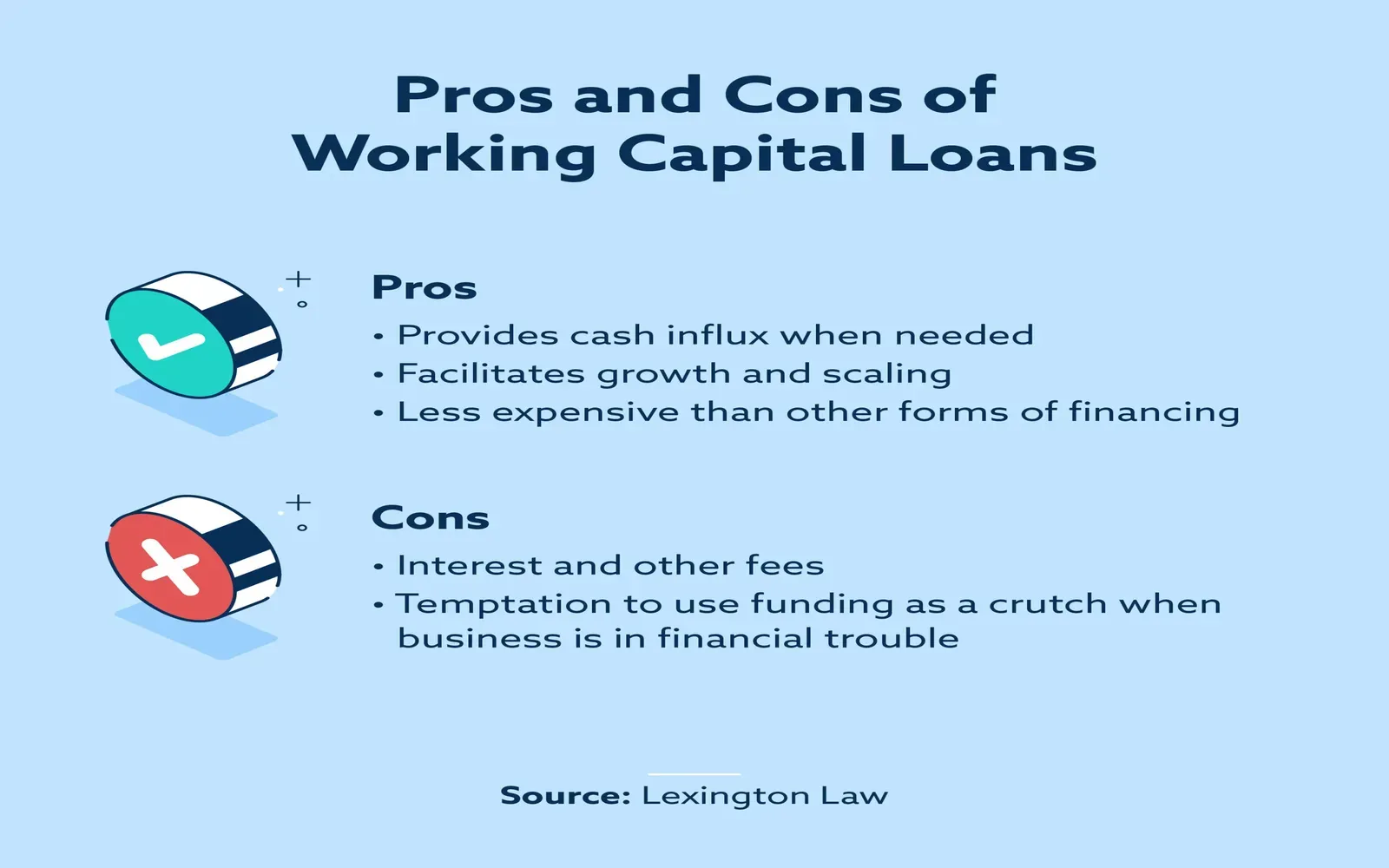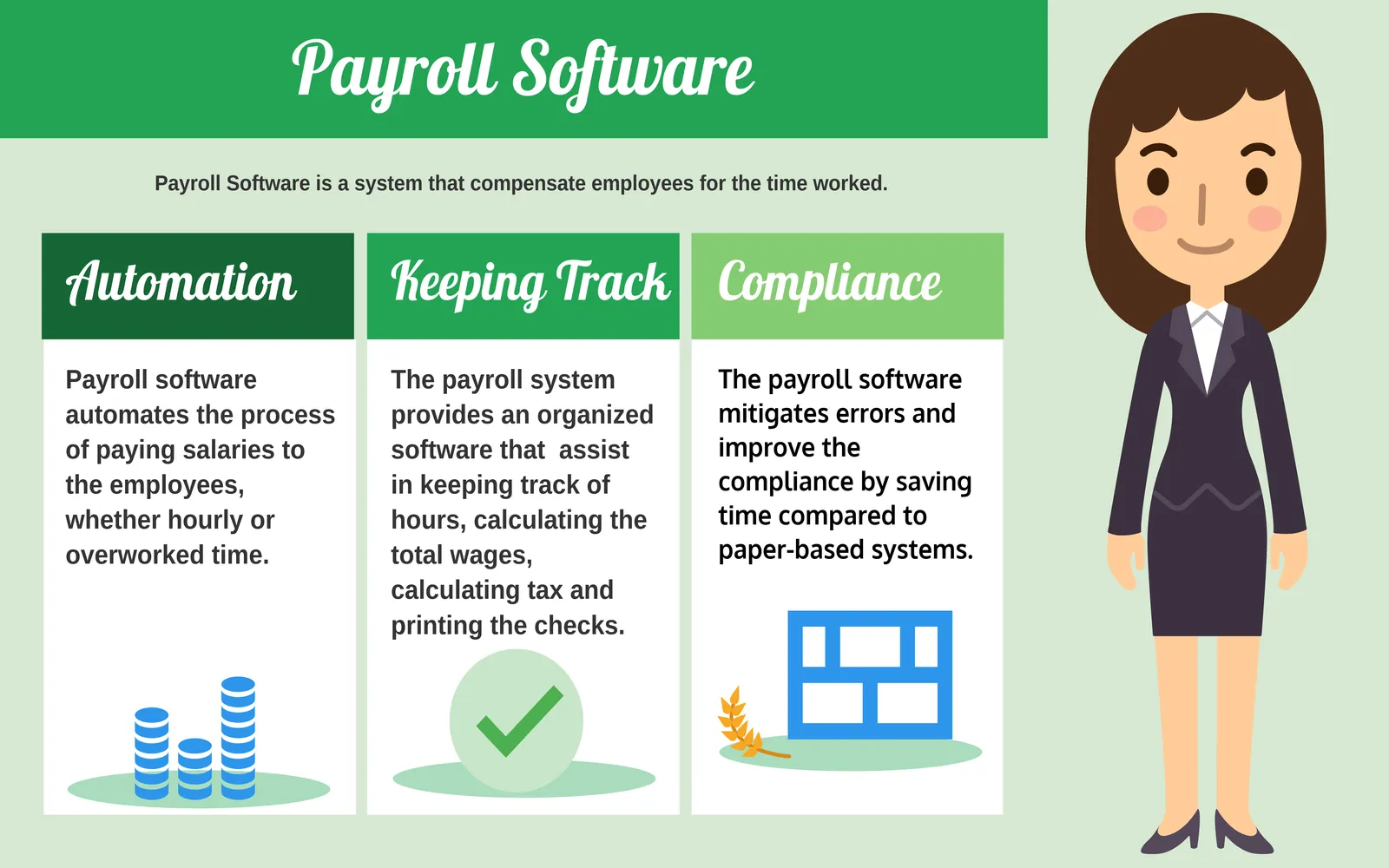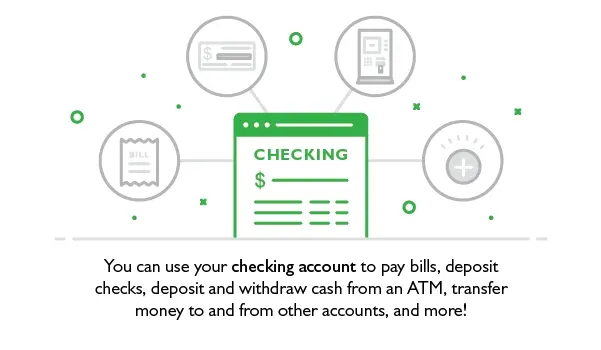Understanding Your Funding Options
Starting a small business can be an exciting yet daunting experience. One of the most critical aspects of launching and sustaining a business is securing the necessary funding. Aspiring small business owners often find themselves navigating a landscape filled with various financing options. By understanding these options, you can make informed decisions that will help unlock the capital you need for your venture.
Types of Funding Options
There are several avenues to explore when it comes to funding your small business. Below are some of the most popular options:
1. Traditional Bank Loans
Traditional bank loans are a common choice for small business owners. These loans typically come with lower interest rates compared to other financing options. However, they also require a solid business plan, good credit history, and collateral. Many banks offer specific programs designed for small businesses, making them a viable option for established entrepreneurs.
2. Small Business Administration (SBA) Loans
The Small Business Administration offers various loan programs to help small businesses secure funding. SBA loans often feature lower interest rates and longer repayment terms than conventional loans. They are backed by the government, which reduces the risk for lenders. However, the application process can be lengthy and may require extensive documentation.
3. Personal Savings
Using personal savings is one of the simplest ways to fund a new business. This option allows you to retain full control over your business without incurring debt. However, relying solely on your savings can be risky, as it places your personal finances on the line. It's crucial to assess your financial situation carefully before proceeding with this option.
4. Investors and Venture Capital
Attracting investors or seeking venture capital is another way to fund your business. This option involves giving up a portion of equity in your company in exchange for financial backing. While this can provide a significant influx of capital, it may also mean relinquishing some control over your business decisions. You will need to present a compelling business model and growth potential to attract investors.
5. Crowdfunding
Crowdfunding has gained popularity as a way to raise funds for small businesses. Platforms like Kickstarter and Indiegogo allow entrepreneurs to present their ideas to the public, who can contribute funds in exchange for rewards or early access to products. While crowdfunding can help generate capital, it requires a strong marketing strategy to attract backers.
6. Business Credit Cards
Business credit cards are another option for small business financing. They offer quick access to funds and can help build your business credit profile. However, they often come with high-interest rates and can lead to debt if not managed carefully. It's essential to use business credit cards wisely and pay off balances promptly.
7. Business Line of Credit
A business line of credit is a flexible funding option that allows small business owners to access funds as needed. Unlike a traditional loan, where you receive a lump sum, a business line of credit provides a set credit limit that you can draw from at any time. You only pay interest on the amount you withdraw, making it a cost-effective solution for managing cash flow and unexpected expenses.
Many lenders offer business lines of credit with varying terms and conditions. Some may require a good credit score, while others may focus on your business's revenue. This option is particularly beneficial for businesses that experience seasonal fluctuations or need to finance short-term projects. By utilizing a business line of credit, you can maintain liquidity and ensure that your operations run smoothly.
8. Microloans
Microloans are small loans typically offered by non-profit organizations and community lenders. They are designed for startups and small businesses that may not qualify for traditional loans. Microloans often come with lower interest rates and more lenient qualification requirements. They can be an excellent option for entrepreneurs looking to fund specific needs, such as inventory or equipment purchases.
Choosing the Right Funding Option
Choosing the right funding option for your small business depends on several factors, including your business model, financial needs, and risk tolerance. Consider the following tips when evaluating your options:
- Assess your financial needs carefully to determine how much funding you require.
- Evaluate your creditworthiness, as this will impact your eligibility for loans and credit.
- Research different lenders and their offerings to find the best fit for your business.
- Consult with financial advisors or mentors to gain insights into your funding options.
Conclusion
Unlocking capital is a vital step for aspiring small business owners. By exploring various funding options, including traditional loans, SBA loans, personal savings, investors, crowdfunding, business credit cards, and a business line of credit, you can find the right solution to meet your unique needs. Remember, securing funding is not just about obtaining money; it's about building a foundation for growth and success in your business journey.









